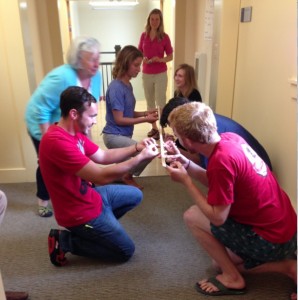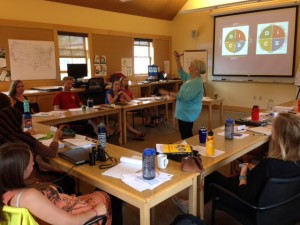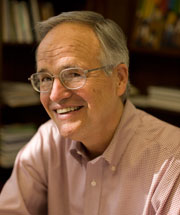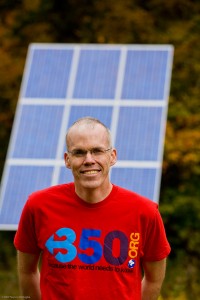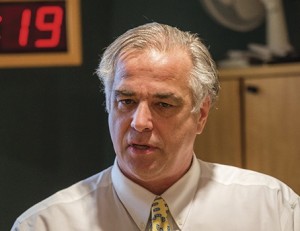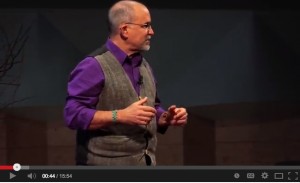Everyone talks a lot about leadership training, but what is it really. Fundamentally, leadership skills are those that allow you to work effectively with others in a variety of capacities to cultivate ideas and implement strategies to move an agenda forward. In the Middlebury School of the Environment, the broad agenda we want to connect students with it environmental health, justice, and restoration.
At the MSoE, there are eight skills that we believe are essential for effectively addressing this agenda, skills that we emphasize in our curriculum and co-curricular activities.
- Teaming. How do teams work best, and how can you best work in a team?
- Communication styles. What is your own communication style, and how can you adapt it to promote communication with others?
- Persuasive public speaking. What is your message, and how can you persuasively deliver in different settings to different audiences?
- Networking. How do you engage with others to make them a part of your extended network of contacts for generating ideas and opportunities?
- Fundraising. How do you create opportunities for others to donate money towards initiatives that advance their goals?
- Empathy. How do you develop a sincere understanding about how someone else is feeling?
- Cultural capacity. How do you overcome your own cultural programming to open the door to understanding how someone from a different culture views their environmental challenges and needs?
- Interviewing. How do you elicit information from others to help them reveal the underlying problems and hidden solutions to their environmental challenges.
During the course of the Middlebury School of the Environment, we will engage you in all eight of these skills. And in the coming months, I will talk more about each of them on The Stream.
